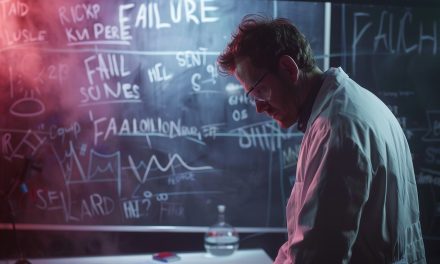It’s 3 a.m. in the middle of February. The alarm just rang for a structure fire. A large apartment complex illuminates the night sky. Men and women in yellow coats, ice hanging from their hats, run from room to room, checking for anyone left inside before the entire building goes up in flames. This is the reality for any fire department. Any time of day or night. A person’s worst nightmare is their job, or even sometimes their volunteer activity.
In Pierre and Ft. Pierre, S.D., there are only volunteer fire departments: men and women who sacrifice their free time away from family and friends to train and better themselves to be the best that they can be. They often have all the certifications of a paid force. They can be farmers, ranchers, the guy at the grocery store bagging food, your next door neighbor.
D.J. Jennings, a 22-year-old firefighter for the Pierre Fire Department as well as with the Department of Defense Fire Department, said that he might as well be a paid firefighter. He has gone through all the classes. The only difference between him and a paid firefighter from a bigger city is a paycheck.
So why do it then? Dalton Sack, with the Ft. Pierre Fire Department, said, “It’s about community and taking care of people. I watched my dad, my uncles and my grandfather all fight fire to help their community. It’s something that I want to continue.”
The rewards that these firefighters receive are much more than monetary. Both men spoke of the joy of knowing that they were helping people in what might be one of their most tragic events. “Besides,” Jennings said, “Driving a fire truck with lights and sirens on is never not fun.” Sack also said, “The camaraderie that you build between the other people on the fire department is something that you never forget. They are more than friends or co-workers: they are family.” Having a tight-knit group of people with similar experiences can be one of the most rewarding things of all.
Fire trucks driving down the road, lights blaring, is something that will always turn drivers’ heads, cause them to slow, watch the scene. Both Sack and Jennings made sure to bring to attention the need to pull over when you see those lights and hear those sirens. Jennings said, “When people do not pull over, it delays our response. And in fires, seconds and minutes matter. When people get out of the way, we are able to provide the best care possible.”



